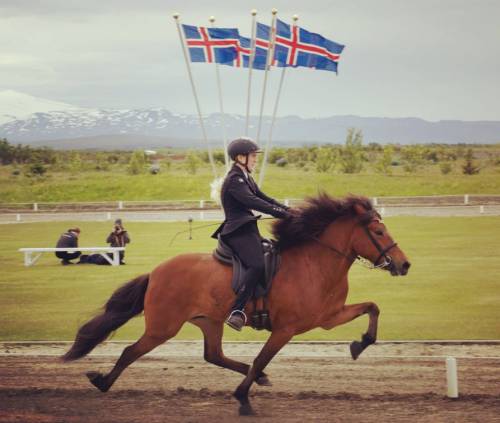The Role of a Horse Breeder: A Day in the Life

Horse breeding is a specialized and rewarding profession that requires dedication, knowledge, and a deep passion for horses. A horse breeder’s day is filled with a variety of tasks that ensure the health, well-being, and quality of the horses they raise. This article explores the typical daily routine of a horse breeder, highlighting the responsibilities and skills involved.
Daily Activities of a Horse Breeder
| Time of Day | Activity | Description |
|---|---|---|
| Early Morning | Health Check & Feeding | Inspect horses for any signs of illness or injury, provide fresh feed and water. |
| Mid-Morning | Stall Cleaning & Maintenance | Clean stalls, replace bedding, and maintain a hygienic environment to prevent diseases. |
| Late Morning | Breeding Management | Monitor mares for heat cycles, coordinate breeding schedules, and assist with artificial insemination if needed. |
| Afternoon | Foal Care & Training | Attend to newborn foals, ensure proper nutrition, and begin early training and socialization. |
| Late Afternoon | Record Keeping & Planning | Update breeding records, health logs, and plan for upcoming breeding or sales. |
| Evening | Final Health Check & Feeding | Conduct a last health inspection and provide evening feed to prepare horses for the night. |
Essential Skills and Knowledge
- Animal Husbandry: Understanding horse behavior, nutrition, and health care.
- Breeding Techniques: Knowledge of genetics, mare and stallion selection, and reproductive technologies.
- Record Keeping: Maintaining detailed logs of breeding cycles, health records, and lineage.
- Physical Stamina: Ability to perform physically demanding tasks such as cleaning and handling horses.
- Patience and Observation: Keen observation skills to detect subtle changes in horse behavior or health.
Frequently Asked Questions (FAQ)
What qualifications are needed to become a horse breeder?
While formal education is not always required, many breeders benefit from courses in animal science, veterinary assistance, or specialized breeding programs.
How long does it take to see results from breeding efforts?
Breeding horses is a long-term commitment; gestation lasts about 11 months, and it can take years to develop a successful breeding program.
What are the biggest challenges faced by horse breeders?
Challenges include managing animal health, unpredictable breeding outcomes, and the physical demands of daily care.
Horse breeding is more than just a job; it is a lifestyle that combines science, care, and passion. Each day brings new challenges and rewards, making it a fulfilling career for those dedicated to the equine world.
